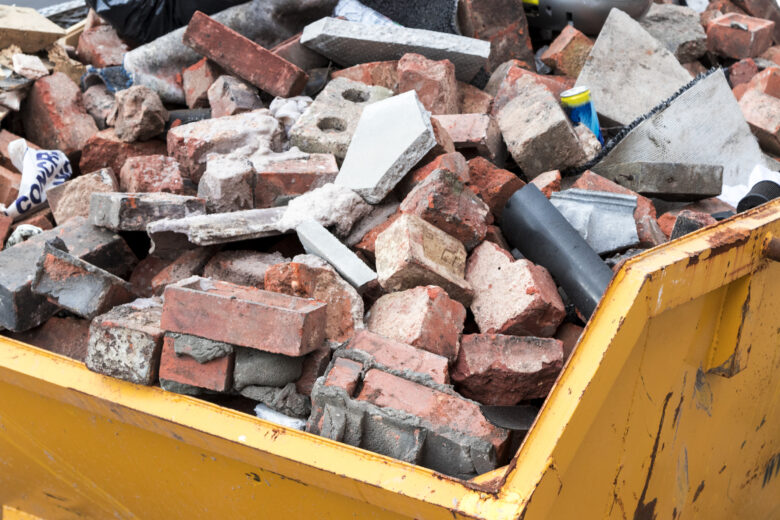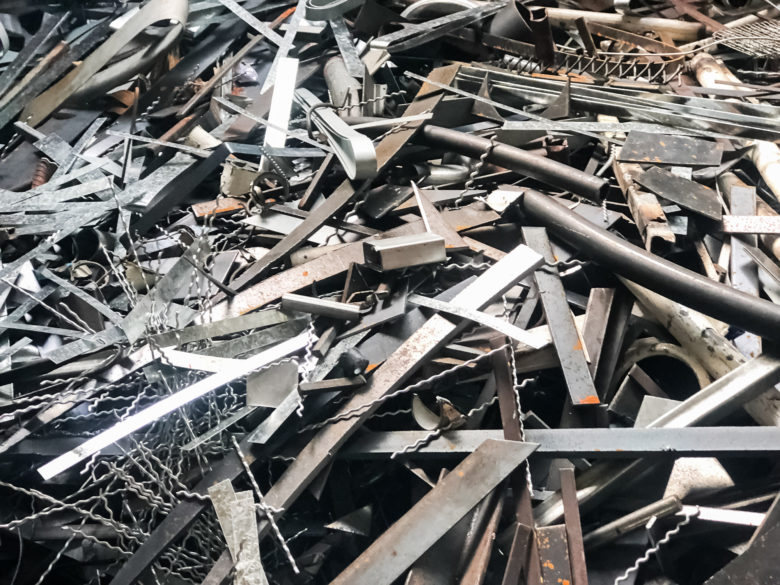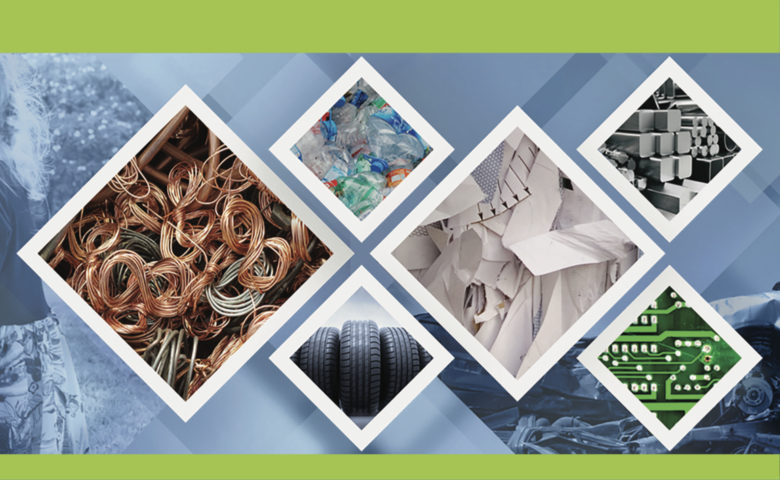Reduce Construction Debris in Landfills – Perform Asset Recovery

The EPA released its 2018 Fact Sheet: Advancing Sustainable Materials Management. According to the report, the United States generated 600 million tons of Construction and Demolition (C&D) Debris — more than twice the amount of generated municipal solid waste.
Construction and demolition materials consist of concrete, wood, asphalt, gypsum bricks, glass, etc. Materials also include salvageable building components, including doors, windows, and plumbing.
Of the 600 million tons of C&D Debris, 90% is due to demolition debris. Almost 145 million tons of this waste was sent to landfills.




